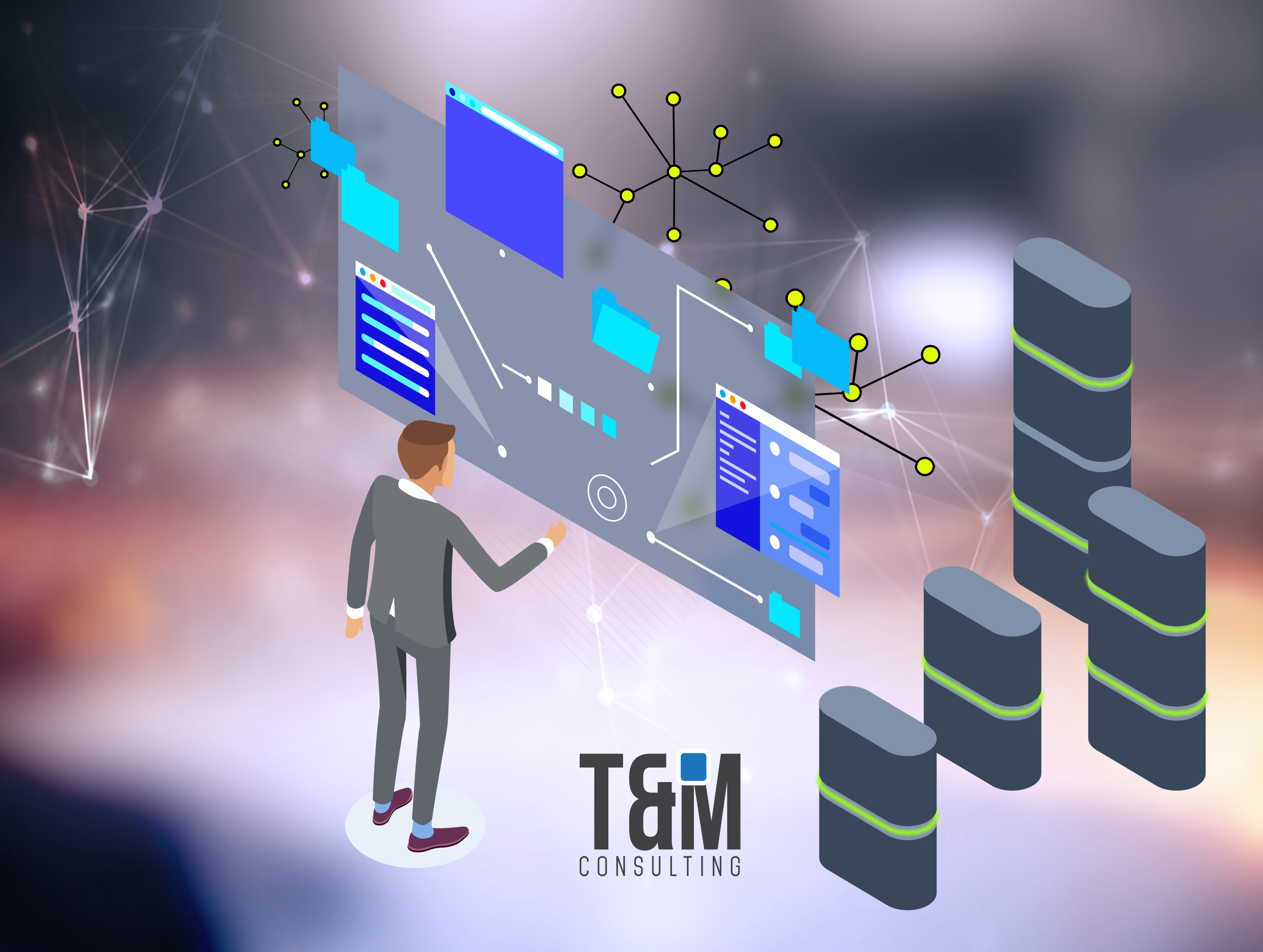The traditional approach to technology treats systems as assets that a company owns and operates. A modern approach treats technology as a set of services that a company can consume and integrate as necessary, without having to necessarily own the systems. Companies can select and combine services from a range of the best providers in their class, within a general framework that adapts to the unique needs of the organization.
This proposal redefines the IT function. Where once he hosted and managed systems internally, he now oversees a more open platform. The services are subcontracted and managed dynamic; When a service component is not effective, you can adapt it or replace it. You don’t care about the source of a service; but how well it meets your needs and creates value. You judge your financial performance in operational terms (productivity and results compared to cost) rather than the performance of asset costs and maintenance costs.
A major bank redesigned or replaced a large number of critical systems within a five-year time frame. The update affected the systems, analysis, product development and customer accounting books. By communicating the changes with the bank’s leadership, the IT group explicitly avoided describing its hardware and software assets; instead, they focused on the services they would provide for internal functions.
This approach made it easier to add new IT functions. For example, when the group installed analysis packages, they naturally gravitated to talk about new ways to use them. The same happened with the new marketing tools and the new network to link branches. In short, the bank made public its message about services. He invested in modernization, because he knew it would help the bank become the financial institution that its clients and partners needed.
The adoption of a service mentality also promotes a more open approach to share value with service providers. By using your suppliers as continuous partners in innovation, you can change your focus from negotiating terms to generating collaborative results.

Questions to adopt a service mentality: :
- What are the essential technological services we provide to our organization?
- Are we organized and financed according to the results we provide instead of the assets we manage?
- What other services could we offer profitably?
- What if we were better organized to do it?

